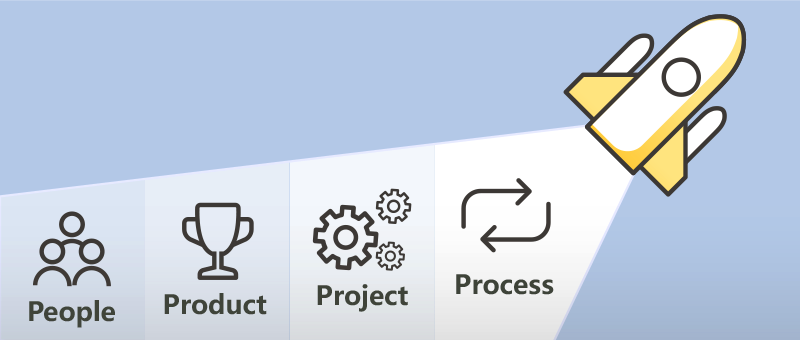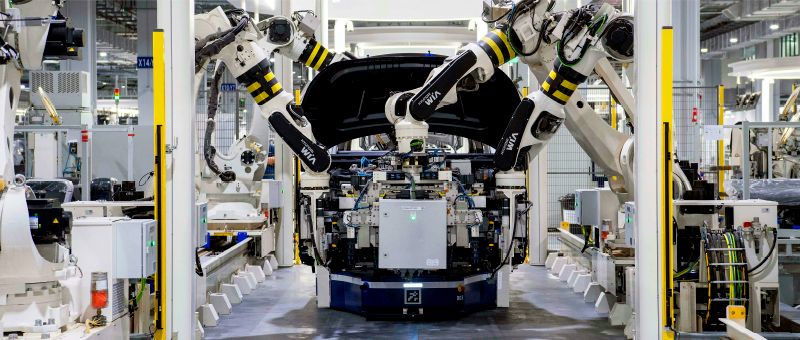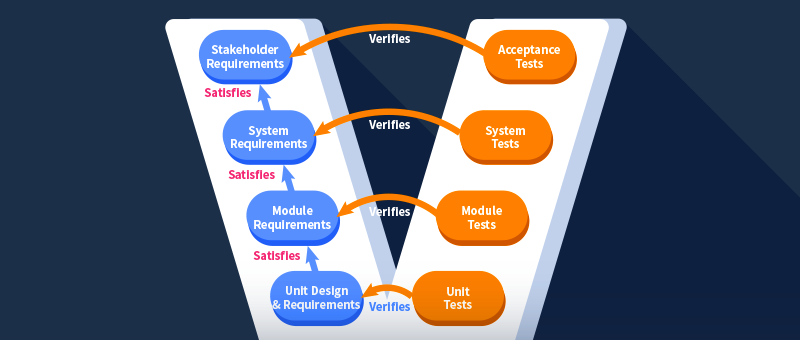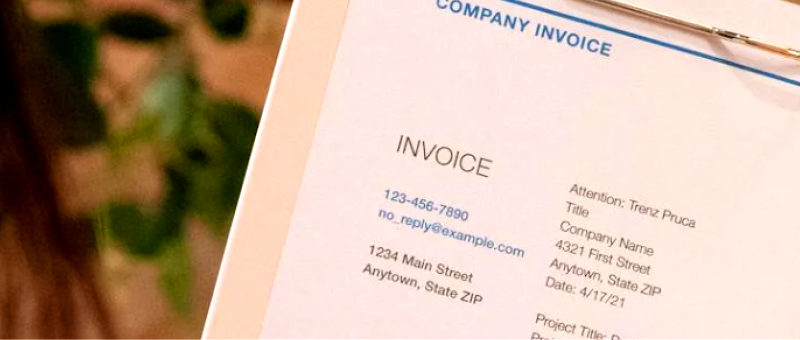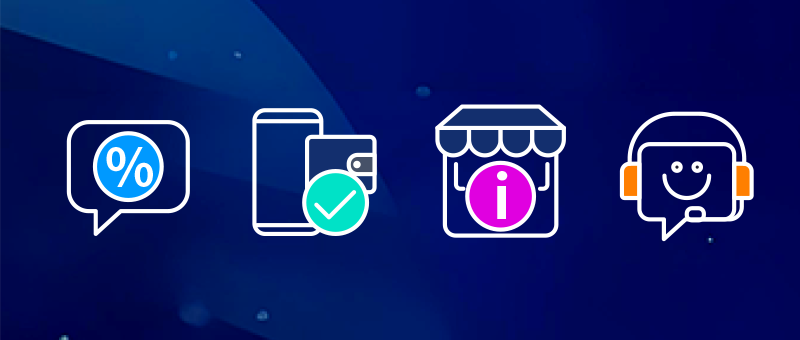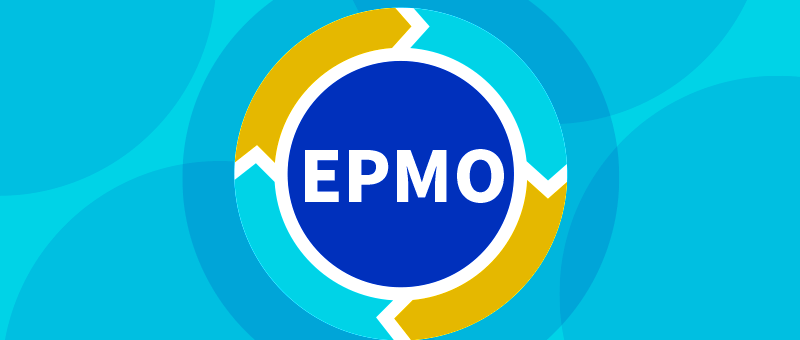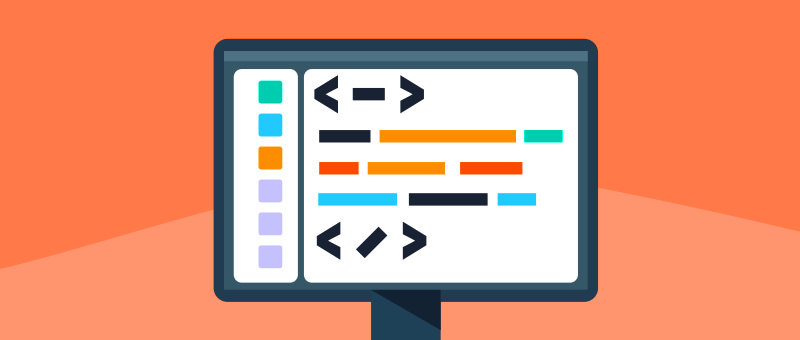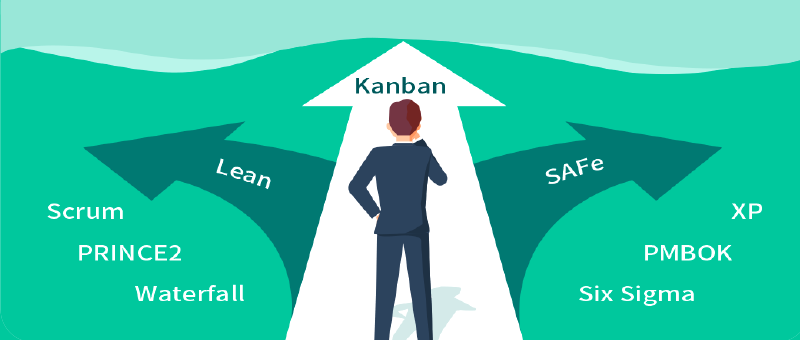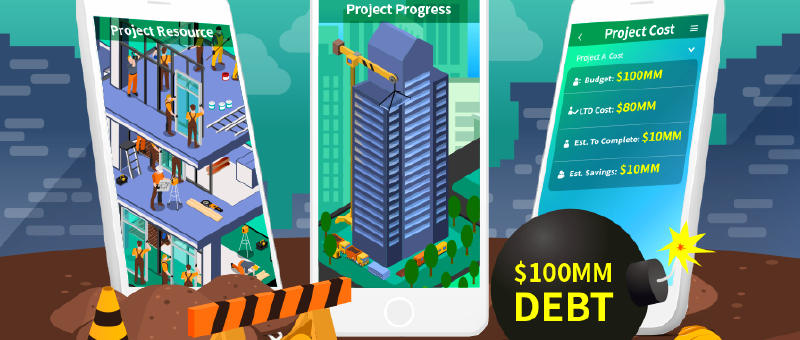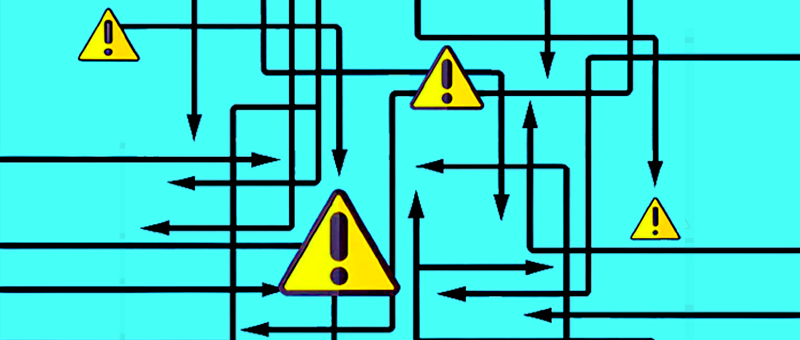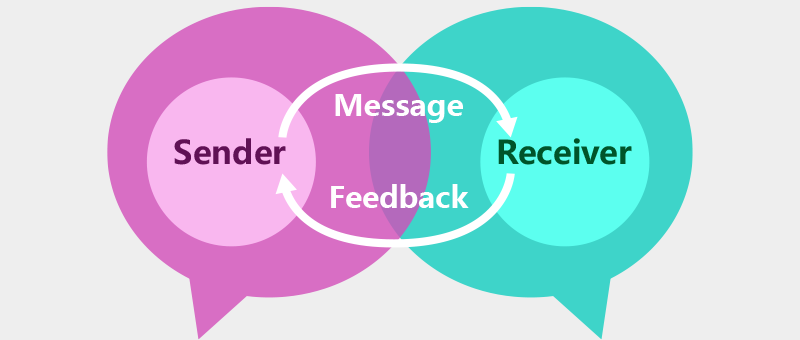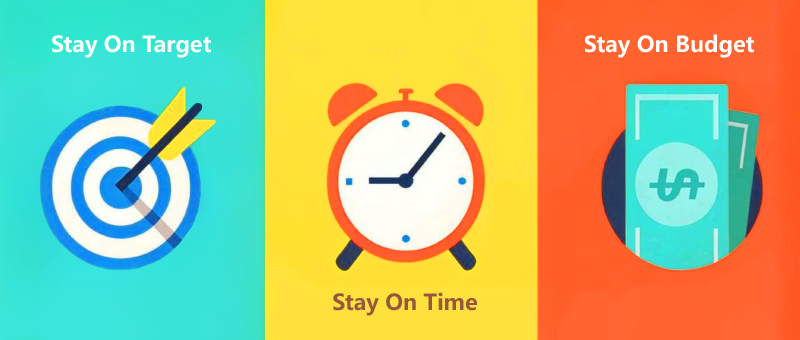
-
Cost Management
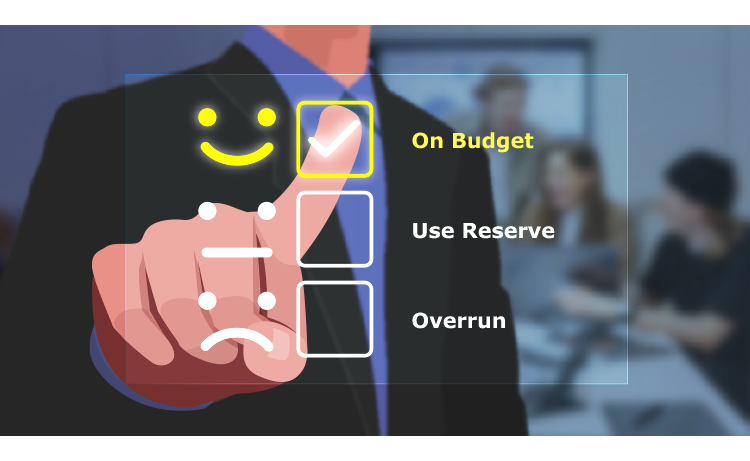
Except for a few extremely-time-bound and at-any-cost types of projects, the project budget is usually one of the most important factors that the project manager should get a good handle on before the project starts. If the project manager understands well the expectations from influential stakeholders and the hard constraints of the project budget, the timeline, resource and quality requirements will not fall through. Many projects failed because the project managers did not understand the hard constraints of their project budgets such as how many additional budgets they could request before their projects got killed or underestimated the effect of time overrun to cost overrun.
To illustrate the budget is the center stage of a project, let’s take an example of a building-a-house project. The first thing the project manager would need to do is set the project budget. When the project manager has a good sense of how much to spend on the project, the next step is to divide the high-level budget into expenses for construction activities and smaller line items. The budget will determine critical decision points such as the size of the house, what quality of materials should be used and which designer to hire. Without a predefined budget, not only is it difficult to answer these questions, but it becomes impossible to assess whether the project is progressing in the right direction once the construction is underway. In large organizations, the scale of this problem is further magnified due to changes in strategies and business situations and the addition of unexpected costs.
Project cost management is closely tied to the capability of an organization to succeed in the current as well as future projects.
 PPM includes reliable cost management functionality that can result in huge savings for organizations.
PPM includes reliable cost management functionality that can result in huge savings for organizations.  PPM does not treat cost management as a silo function but leverages it as integral to project and portfolio performance, and correlates data across projects. It allows you to set clear expectations, control scope, track progress and maintain expected margin.
PPM does not treat cost management as a silo function but leverages it as integral to project and portfolio performance, and correlates data across projects. It allows you to set clear expectations, control scope, track progress and maintain expected margin.
Project Resource Planning
Resource planning is the process of identifying the resources required to execute a project and take it to completion. Examples of resources are human resources (such as employees and contractors) and non-human resources (such as infrastructure, large construction vehicles and other specialized equipment in limited supply).
Resource planning should be done at the beginning of a project before any actual work begins. To get started, project managers first need to have the work breakdown structure (WBS) ready. They need to look at each activity and sub-activity in the WBS and ask how many people, what kind of skills are needed to finish the activity, and what sort of equipment or material is required to finish this task. By adopting this activity-level approach, it becomes possible for project managers to come up with an accurate and complete inventory of all resources, which is then fed as input into the next step of estimating costs.
Cost Estimation
As project cost estimating relies on tying costs to a scope of work which is represented by the work break down structure (WBS) in
 PPM, the WBS is only ready for cost estimation after each of its activity’s time and resource planning is complete and the following is qualified:
PPM, the WBS is only ready for cost estimation after each of its activity’s time and resource planning is complete and the following is qualified:
- Resource requirements (Output from the resource planning)
-
Price of each resource (Preset in
 PPM database)
PPM database)
- Duration that each resource is required (Output from resource planning)
- Potential risks
Project cost estimating does not simply stop when a project starts—it must be monitored and adjusted as it progresses.
Cost Budgeting
Cost budgeting is the process of allocating costs to the project. Cost budgets include contingency reserves allocated to manage unexpected costs. The project manager can use
 PPM Work Breakdown Structure (WBS) to arrive at the cost budget of the project.
PPM Work Breakdown Structure (WBS) to arrive at the cost budget of the project.
Cost budgeting creates a cost baseline against which we can continue to measure and evaluate the project cost performance. If not for the budget, the total estimated cost would remain an abstract figure, and it would be difficult to measure midway. Evaluation of project performance gives an opportunity to assess how much budget needs to be released for future phases of the project.
Another reason to firm up budgets is that organizations often rely on expected future cash flows for their funding. During the initial phases, the project manager has a limited financial pool and has to set targets accordingly. It’s similar to building the foundation and one floor of the house in the initial few months and later completing the rest of the project, as you save more.
Cost Control
Cost control is the process of measuring cost variances from the baseline and taking appropriate action, such as increasing the budget allocated or reducing the scope of work, to correct that gap. Cost control is a continuous process done throughout the project lifecycle.
 PPM can help you with timely and clear reporting as measuring your project cost.
PPM can help you with timely and clear reporting as measuring your project cost.
Along with the cost baseline,
 PPM allows you to establish a cost management plan for cost control. The plan should be used to drive how project performance will be measured, what is the threshold for deviations, what actions will be done if the threshold is breached, and the list of people and roles who have the executive authority to make decisions.
PPM allows you to establish a cost management plan for cost control. The plan should be used to drive how project performance will be measured, what is the threshold for deviations, what actions will be done if the threshold is breached, and the list of people and roles who have the executive authority to make decisions.


 is cool!
is cool! provides you a comprehensive
picture of recent, current, and likely future of your infrastructure and operations.
provides you a comprehensive
picture of recent, current, and likely future of your infrastructure and operations.